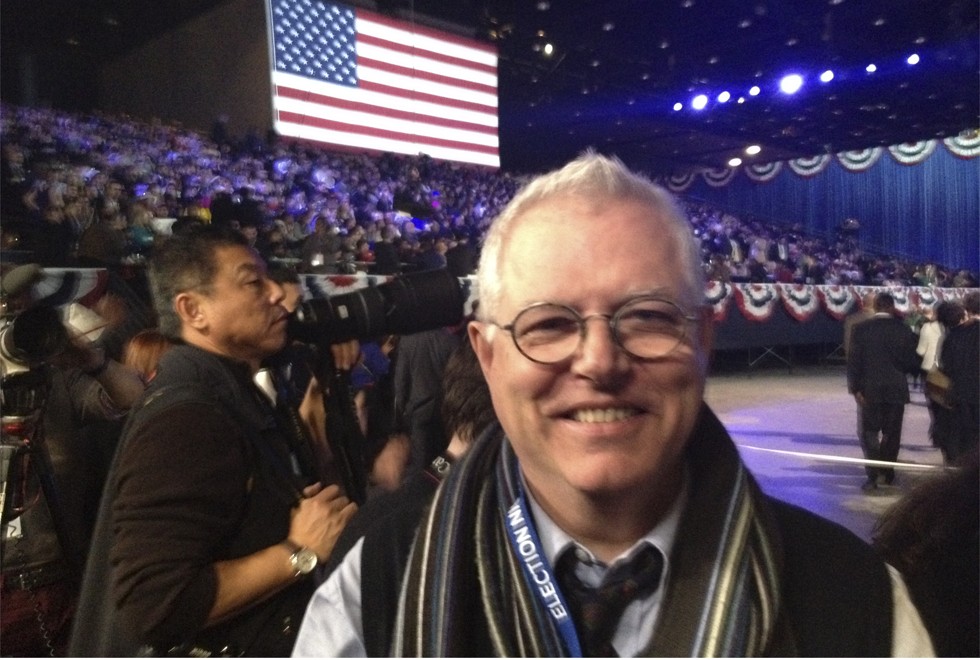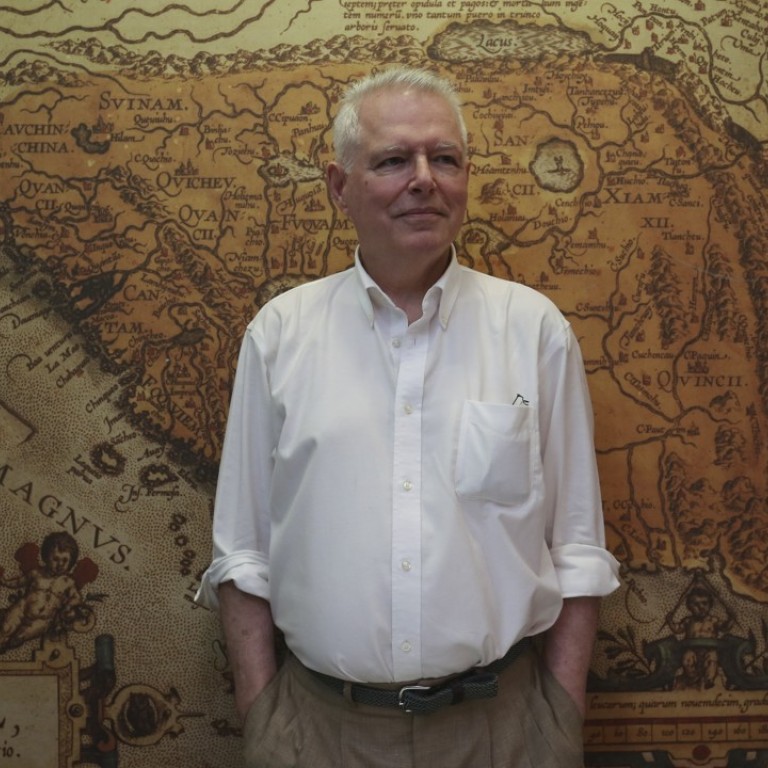
Hong Kong journalist Francis Moriarty reflects on his storied career
Having covered everything from the Tiananmen Square crackdown and the 2004 tsunami to the handover and 9/11, the veteran broadcaster and writer is set to return to the US
SON OF A SOLDIER My father was in the army during the second world war and later he was sent to Korea. My family was from Massachusetts, in the north of the United States, but we lived in Georgia, in the south. You might as well have said you grew up on Mars. My father was a staff sergeant and, in Korea, he got sick – standing around in frozen rice paddies – which was the beginning of a lot of health problems for him. We moved back to Massachusetts in the mid 50s, and my father died at the age of 44, when I was 17 and had just graduated from high school. Later, my mother worked at General Electric in Pittsfield. When they moved out of there, they left 16,000 people out of jobs. My sister is 12 years younger than me, and I have a half brother from a later relationship by my mother.
OPPOSING FORCES I graduated from high school in 1964. Originally I went to a Catholic high school, but we had some problems, that school and me, so midway through my junior year I moved to the local public high school. I went from being an honours student to the world’s worst greasy twerp. It was the time of the Vietnam war, but as the “sole surviving son of a totally disabled veteran who had died because of his disability”, (due to draft dispensations) even if I had enlisted I would never have seen combat. Over time I became very strongly against the war in Vietnam and I spent the next years of my life actively involved in the anti-war movement.
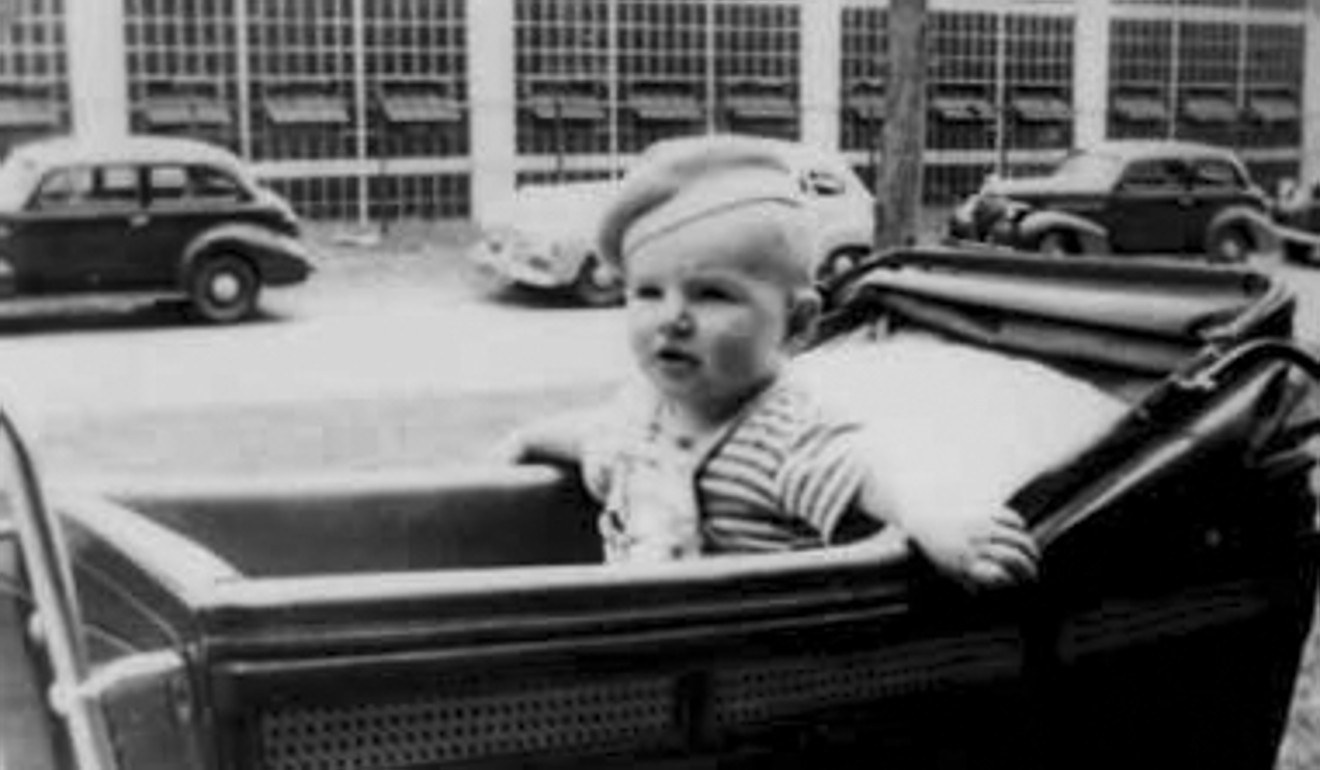
HUNTING AND PECKING I studied American civilisation at Williams College, a liberal-arts school in Massachusetts. I then went to graduate school for journalism studies, at the University of California, Berkeley, but I didn’t start my career in journalism in California. I’d worked on my hometown paper years earlier, while at the Berkshire Community College in Pittsfield. I started out on the sports desk. That’s where I learned to hunt-and-peck type with two fingers and to write headlines – on an old Royal mechanical typewriter.
CHILLED OUT IN THE 70S Later I followed a girlfriend to San Francisco. In early 1970 we moved into a former fraternity house, which had 30 rooms. We had 23 refrigerators in the living room. It was called Toad Hall and was run semi-communally, with lots of dogs and bearded people. I had long hair and a full beard myself, and one housemate was drug dealer to a guy who played in Crosby, Stills, Nash & Young. I sometimes had to be reminded to exhale. There was lots of anti-war effort – demonstrations and silk-screen T-shirts that said “Peace Now” – and I was one of the people on guard at the “million people” demonstrations, so no one would usurp the stage at Golden Gate Park.
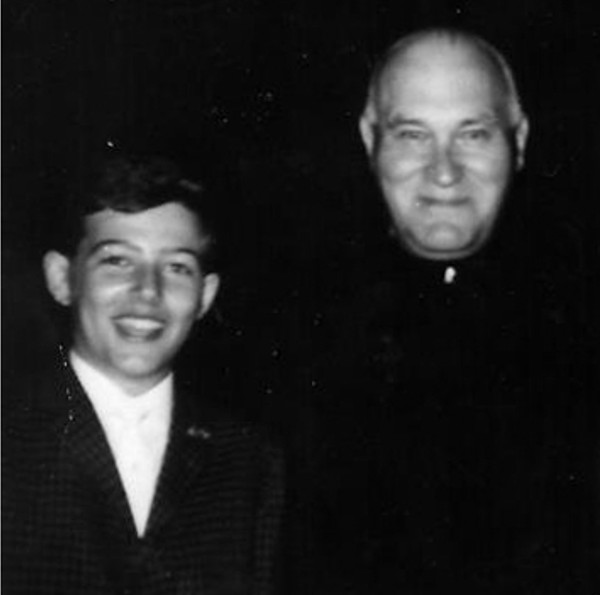
FROM BEIRUT TO BERLIN I was working as a stringer for the Washington Post and driving a taxi when a friend sent an advertisement for a fellowship programme in Paris called Journalists in Europe, which I applied for and I was accepted. I did an intensive course in French and a study tour to Ireland. I went to Beirut and Israel for the Camp David Accords, in 1978, and got smuggled – inside a rug, by a Bedouin in a truck – into the last Israeli-occupied town, Yamit, on the Sinai Peninsula before it was handed over to the Egyptians. I got to know a lot of dissidents in East Berlin, and they were very involved in the question of eventual reunification. As an American, I could go into East Berlin whenever I wanted and spend 24 hours there. I was working on the desk of the International Herald Tribune when Agence France-Presse offered me a job in Hong Kong. I made the decision in February 1989, while standing next to the Berlin Wall.
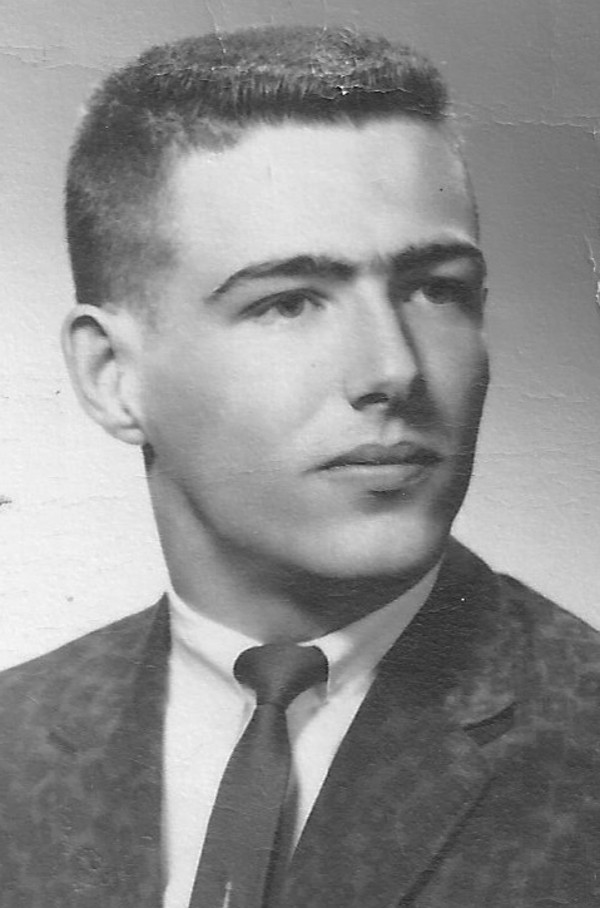
GROUND ZERO WITH DONALD TSANG I joined RTHK as a political reporter in the mid-90s and it became a 19-year run, covering Sino-British relations, the handover, getting to travel with Chris Patten, Tung Chee-hwa and Donald Tsang Yam-kuen. The trip with Tsang – to Washington DC – turned out to be at the same time as 9/11, and I covered that from DC and at Ground Zero in New York. There were other big stories, too, like the tsunami in Aceh, and I covered every election in the Philippines up to that of Rodrigo Duterte. At press conferences, I would always ask simple questions. I would think, “If I was Joe Blow or Mary Smith, what’s the question I would ask?” When it was announced that I was leaving, I got a lot of emails. One said, “Everything was being done in ways that nobody understood, and you just reported it directly.” And I thought, thank you, because that was my intention.

